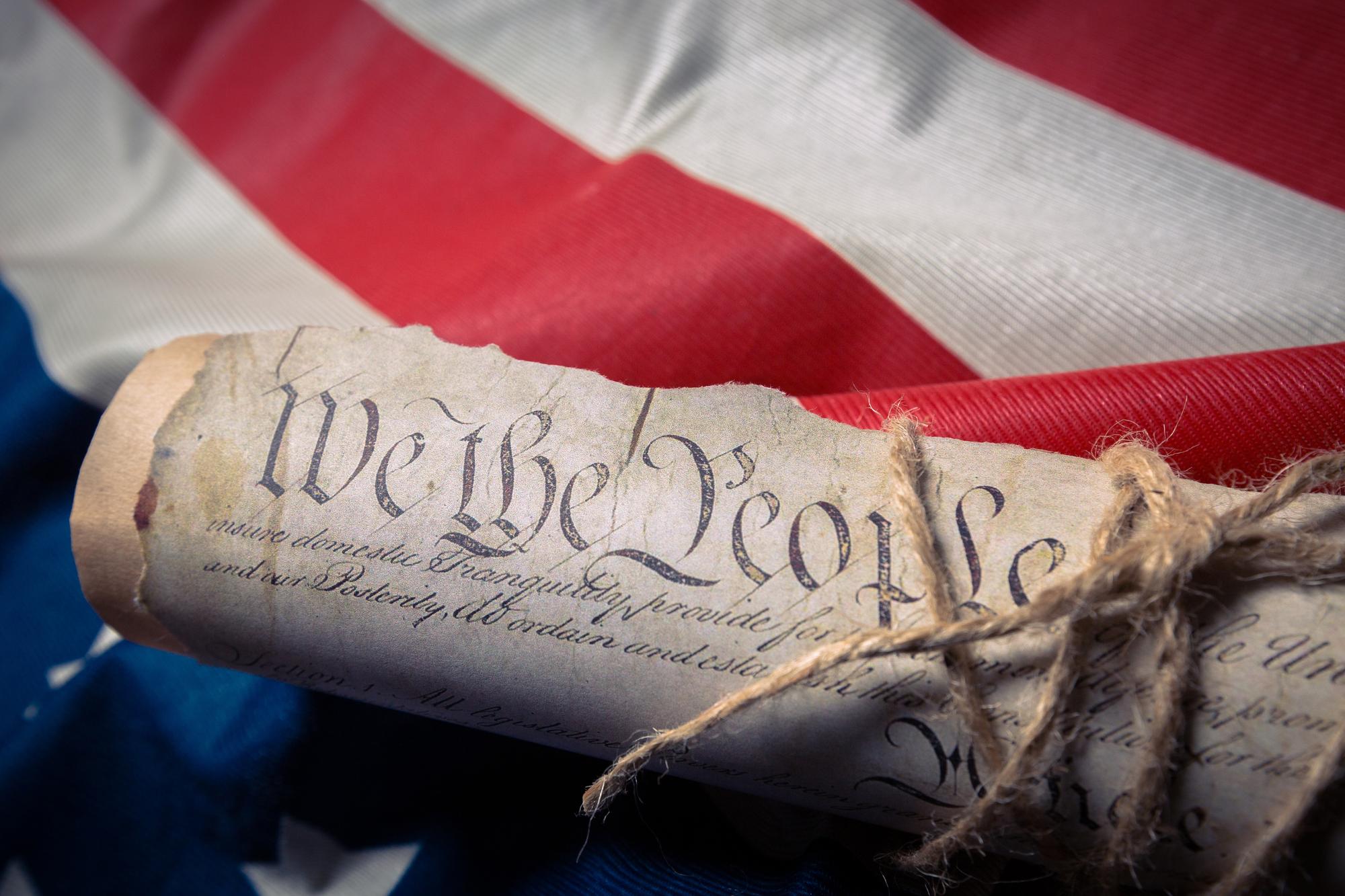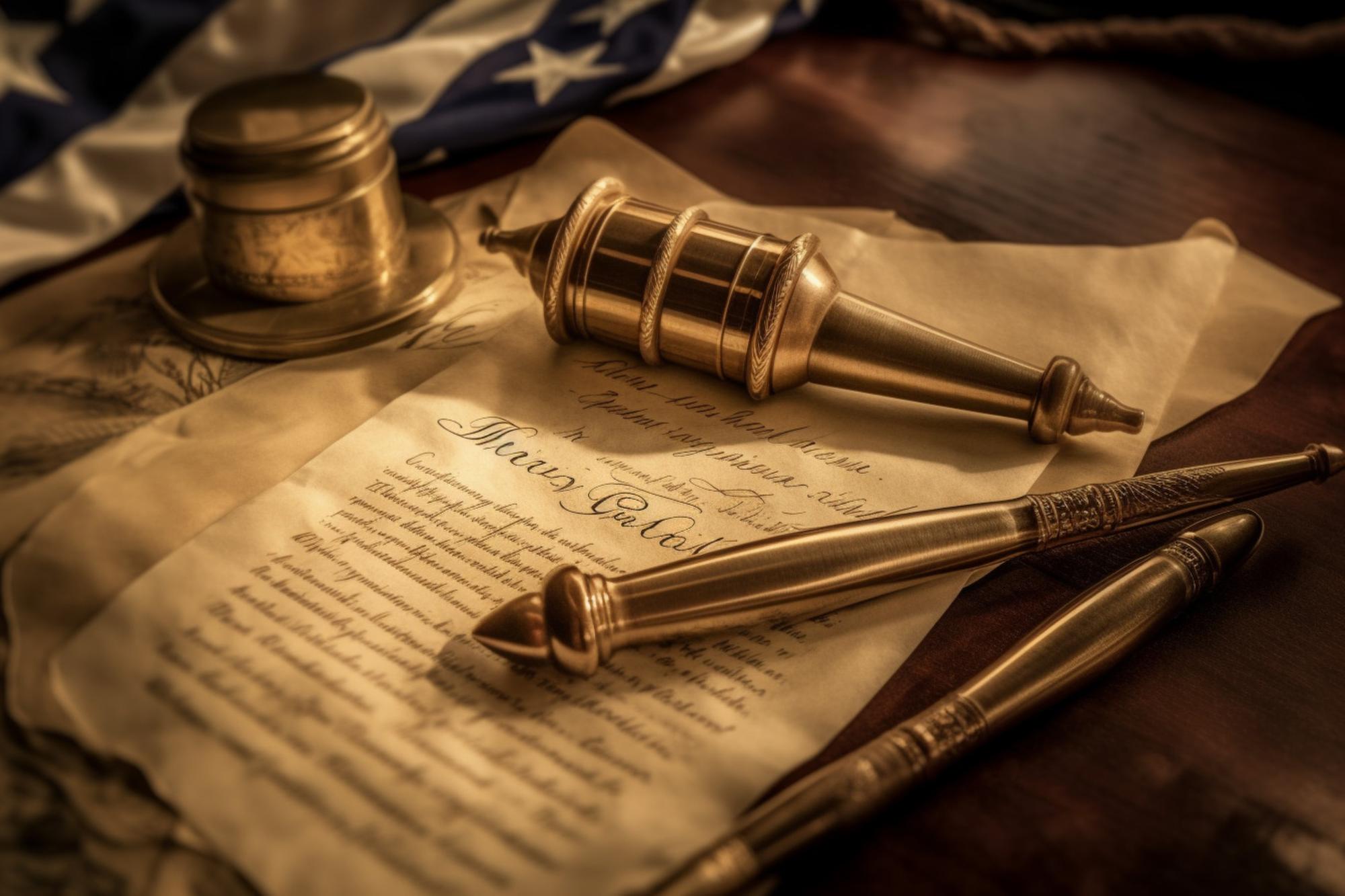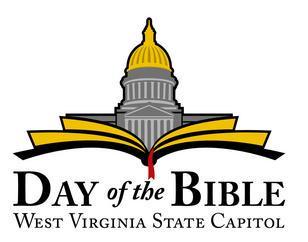Faith and Foundations: The Biblical Roots of Governance
A Son is given to us and the government shall rest on His shoulders.

Introduction
“For a child is born to us, a son is given to us. The government will rest on his shoulders. And he will be called: Wonderful Counselor, Mighty God, Everlasting Father, Prince of Peace.” — Isaiah 9:6
A Biblical and Constitutional Perspective
The Constitution says the government shall not establish a religion, but the Bible says the government shall rest on His shoulders. How can both be true?
Lessons from Israel's Prophets
Most of the minor and major prophets warned in their writings that if Israel failed to do as God instructed, there would be dire consequences. It happened to Israel, and it will happen again if we don’t learn from their mistakes. The question is: do we want to fail or succeed? The Bible tells us how to do both.
Joshua’s Guidance for Success
Writers like Joshua told us how to succeed:
”Be strong and very courageous. Be careful to obey all the instructions Moses gave you. Do not deviate from them, turning either to the right or to the left. Then you will be successful in everything you do. Study this Book of Instruction continually. Meditate on it day and night so you will be sure to obey everything written in it. Only then will you prosper and succeed in all you do.“ —
Joshua 1:7-8 NLT

The Establishment Clause: Historical Context
When the Establishment Clause of the U.S. Constitution was created, it reflected the diverse Christian landscape of the American colonies. Different regions, such as Virginia and New England, had distinct religious traditions and histories that influenced the framing of this clause, which has often been misinterpreted.
Religious Diversity in Early America
Even though they agreed that Christ was the Son of God, Baptists, Presbyterians, Anglicans, Puritans, and other Christian denominations disagreed on religious traditions. Does this sound like today? Is division what Satan uses to divide and conquer?
Missed Opportunities for Unity
Were the Framers so smart they gave us the concept of how our government should work, but we have missed the many opportunities to collaborate with others in our extended Christian family and allowed Satan a foothold?
Religious Traditions in the Colonies
Virginia: Anglicanism (Church of England)
-
Virginia was settled primarily by English Anglicans, and the Church of England was the established, state-supported church in the colony.
-
Attendance at Anglican services was often mandatory, and taxes were used to support the church.
-
Other religious groups, such as Baptists and Presbyterians, faced discrimination and restrictions.
-
Non-Anglicans pushed for religious freedom and the separation of church and state.
New England: Congregationalism
-
New England colonies, particularly Massachusetts, were dominated by Puritans, who established Congregationalism as the official religion.
-
The Puritans sought to create a “city upon a hill,” a theocratic society where civil law aligned with religious law.
-
Religious dissenters, such as Roger Williams and Anne Hutchinson, were often exiled for challenging the Puritan orthodoxy.
-
Over time, groups like Baptists, Quakers, and others in New England resisted the dominance of Congregationalism and sought religious tolerance.

Jesus’ Teachings on True Worship
As Jesus said to the Samaritan woman at the well:
“Believe me, dear woman, the time is coming when it will no longer matter whether you worship the Father on this mountain or in Jerusalem. … The time is coming—indeed it’s here now—when true worshipers will worship the Father in spirit and in truth. The Father is looking for those who will worship him that way. For God is Spirit, so those who worship him must worship in spirit and in truth.” —
John 4:19, 21-26 NLT
Unity in Worship of Christ
The religious differences between Virginia and New England highlighted the dangers of state-established churches but not the worship of God and Christ. At no time does history record any disagreement among the Framers on Jesus, only on the traditions to be used to worship Him.
Biblical Principles in Founding Documents
The Constitution is ratified with these words:
“Done in Convention by the Unanimous Consent of the States present the Seventeenth Day of September in the Year of our Lord one thousand seven hundred and Eighty seven…”
The Declaration of Independence outlines God’s principles of government:
Key References
-
“Nature’s God”: “…the Laws of Nature and of Nature’s God entitle them…”
-
“Creator”: “…that all men are created equal, that they are endowed by their Creator with certain unalienable Rights…”
-
“Supreme Judge of the world”: “…appealing to the Supreme Judge of the world for the rectitude of our intentions…”
-
“Divine Providence”: “…with a firm reliance on the Protection of Divine Providence, we mutually pledge to each other our Lives, our Fortunes and our sacred Honor.”
Conclusion
The Establishment Clause was written to satisfy different Christian denominations and prevent one from being favored over others, not to disavow Christ. The principles of God the Son, God the Father, and God the Holy Spirit are enshrined in our Declaration of Independence, Constitution, and our laws. In actuality, our government does rest on His shoulders, as the Bible predicted it would. Those who disagree either do not understand these principles or have not read them.

HGN Staff
His Good News magazine seeks to unite and empower parents, educators, legislators, and voters in West Virginia to support and advance Christian education, religious freedom, and conservative values. By fostering a strong Jesus-based foundation within our communities, we can influence legislation, protect religious freedoms, and ensure that our children receive a quality Christian education.
















